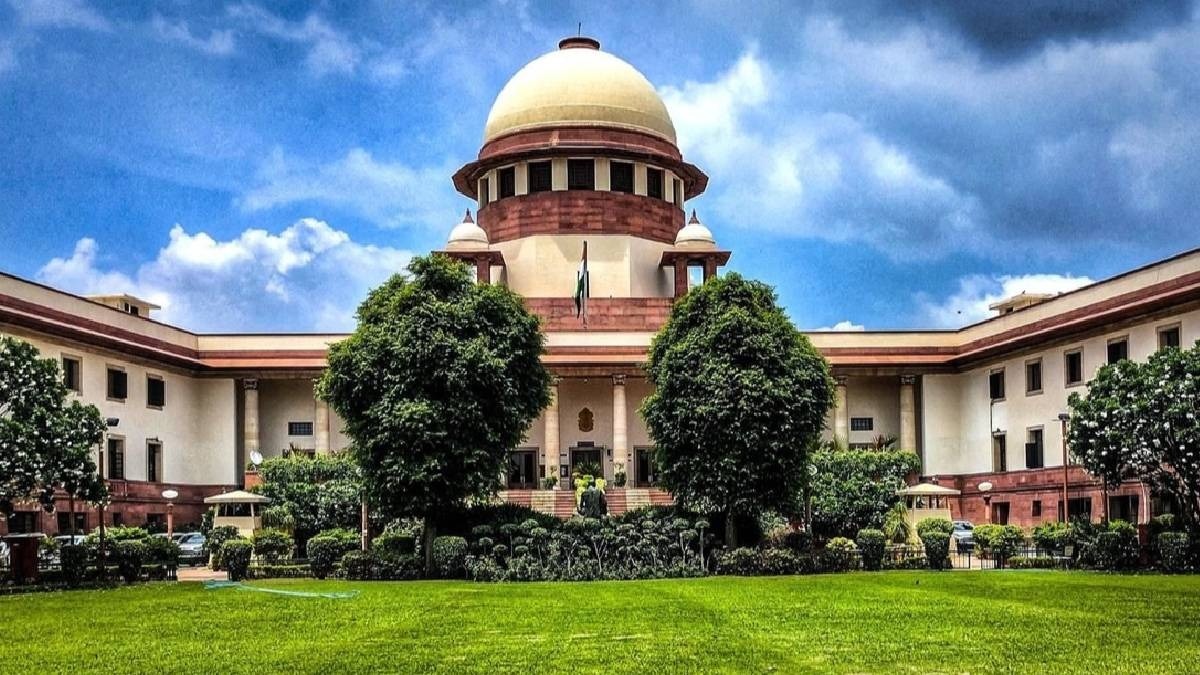What will happen to the old mosques if there are no papers? The Supreme Court searched for cleanliness from the ‘Waqf bye user’ – the Supreme Court seeks to clarify from the center in WAQF

On Wednesday, the Supreme Court asked the central government about the rules of ‘Waqf’ assets by the user when he heard petitions challenging the Waqf Amendment Act. The court said that the ‘Waqf Pi User’s’ properties installed under the law will create problems. If an old mosque does not have documents, they also sought a response from the court center on how they will be registered.
The three judges, led by Chief Justice Sanjeev Khanna, tried to clarify from the center on the removal of the ‘Waqf’ arrangement by the bench’s user. Most mosques built between the 14th and 16th centuries have no sales bonds. How will they be registered?
The ‘Waqf bye user’ is called the Waqf, which has long been used for religious or righteous purposes, even if there are no formal documents. However, the new law has been discounted that this does not apply to controversial or property in the state land.
The court said, “You have not yet responded to the question. Will you be declared ‘Waqf’ by the user? This will have to change the pre -installed thing.
The Supreme Court said that it is not possible to demand ‘wagf’ attributes of the registered deed from such mosques. The court also questioned the rule of the Waqf Boards and the Central Waqf Council to include non -Muslims, and asked the center whether it would allow Muslims to be included in the Hindu Trust. The bench said that the status of the Waqf Amendment, accordingly, would not be considered Waqf, which would not be considered useful if the Collector does not investigate whether or not it is a government land.
Solicitor General Dusher Mehta, presented by the center, said, “There is a shop, a Waqf Temple. The law does not say that its use will stop. It says that he will not benefit until the result is.
Commenting on this, CGI asked Khanna, “So what will happen? Where will the fee go? Then what is the need for that arrangement?” Mehta replied, “It is not said that his use of Waqf will stop.”
Explain that the Supreme Court has heard the 73 petitions that challenge the Waqf Amendment Act. There have been protests across the country against this law. Violence has taken place during the protests in the Muslim -Ominated district of West Bengal in Murshidabad.
The Supreme Court will hear the case next Thursday. At present, the court has not passed any orders due to objections of the Prosecutor General and the lawyers of the states. The court wanted to issue an interim order on the ‘user by the user by the user, but the S.G. After Tushar Mehta’s argument, the issue has now been postponed until Thursday.

